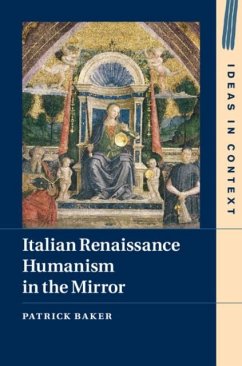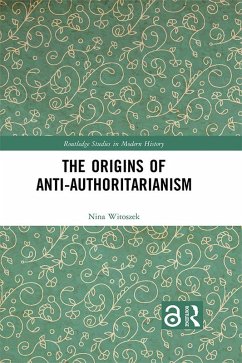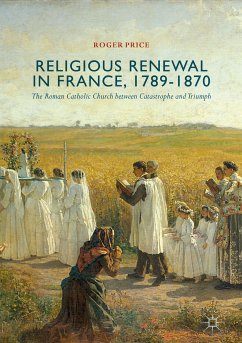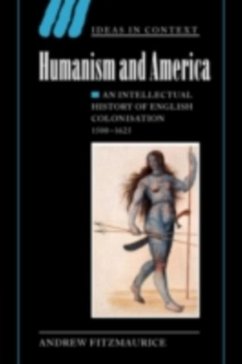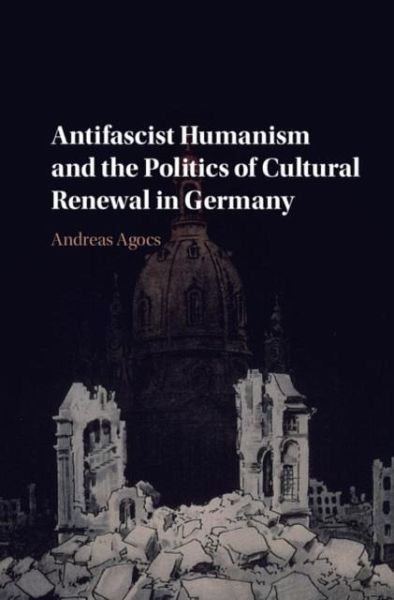
Antifascist Humanism and the Politics of Cultural Renewal in Germany (eBook, PDF)
Versandkostenfrei!
Sofort per Download lieferbar
19,95 €
inkl. MwSt.
Weitere Ausgaben:

PAYBACK Punkte
10 °P sammeln!
Antifascism is usually described as either a political ideology of activists and intellectuals confronting the dictatorships of Hitler and Mussolini, or as a cynical tool that justified the Stalinist expansion of communism in Europe. Andreas Agocs widens our understanding of antifascism by placing it in the context of twentieth-century movements of 'cultural renewal'. He explores the concept of 'antifascist humanism', the attempt by communist and liberal intellectuals and artists to heal the divisions of Nazism by reviving the 'other Germany' of classical Weimar. This project took intellectual...
Antifascism is usually described as either a political ideology of activists and intellectuals confronting the dictatorships of Hitler and Mussolini, or as a cynical tool that justified the Stalinist expansion of communism in Europe. Andreas Agocs widens our understanding of antifascism by placing it in the context of twentieth-century movements of 'cultural renewal'. He explores the concept of 'antifascist humanism', the attempt by communist and liberal intellectuals and artists to heal the divisions of Nazism by reviving the 'other Germany' of classical Weimar. This project took intellectual shape in German exile communities in Europe and Latin America during World War II and found its institutional embodiment in the Cultural League for Democratic Renewal in Soviet-occupied Berlin in 1945. During the emerging Cold War, antifascist humanism's uneasy blend of twentieth-century mass politics and cultural nationalism became the focal point of new divisions in occupied Germany and the early German Democratic Republic. This study traces German traditions of cultural renewal from their beginnings in antifascist activism to their failure in the emerging Cold War.
Dieser Download kann aus rechtlichen Gründen nur mit Rechnungsadresse in A, B, BG, CY, CZ, D, DK, EW, E, FIN, F, GR, HR, H, IRL, I, LT, L, LR, M, NL, PL, P, R, S, SLO, SK ausgeliefert werden.





